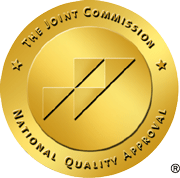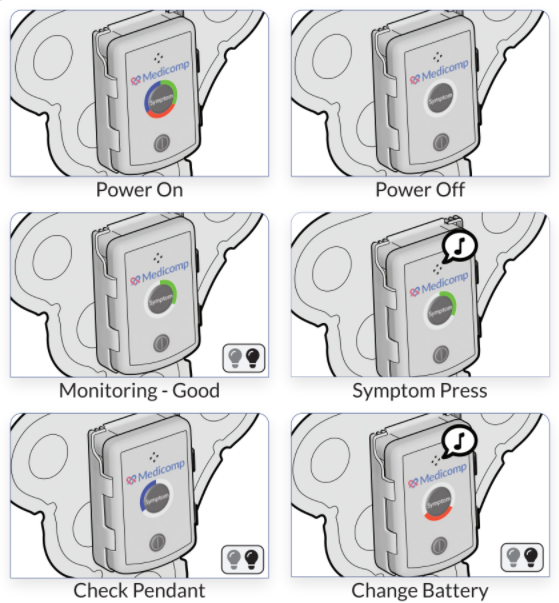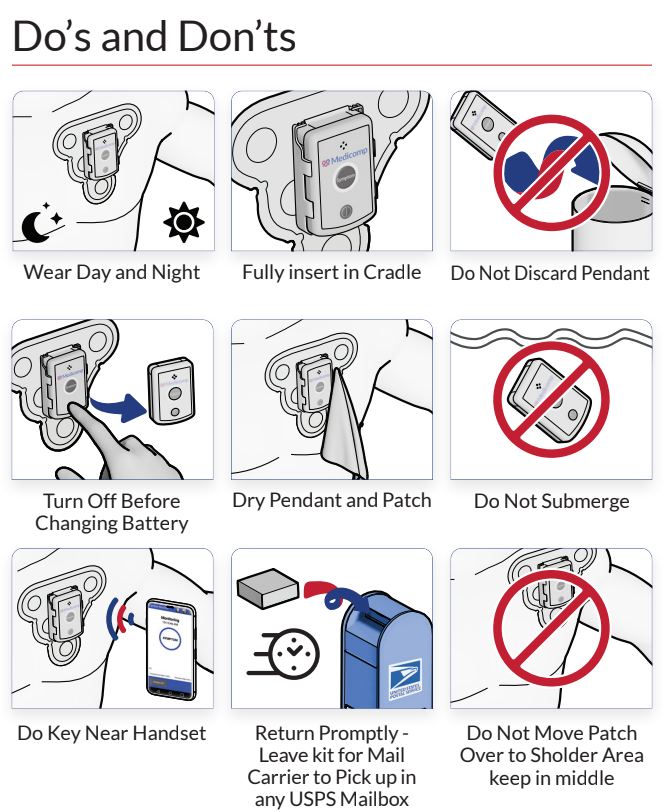The supply of cardiothoracic surgeons is on the decline. Considering heart disease is the number one killer of men in women in America, and two out of every three Americans over the age of 65 have some form of heart disease, then this is an unsettling thought. Many of these heart-disease patients also need cardiac monitoring devices.
Demand for cardiac surgeons is only going to rise as the Medicare-age population is increasing faster than the supply of cardiac surgeons that can be filled. To make matters worse, many of the fully-trained, practicing cardiac surgeons are expected to retire over the next decade.
Without an increase in the supply of cardiac surgeons for the future, there can be dire consequences. There are a couple of factors that have lead to the decline in cardiac surgeons: a lack of interest from residents in training for the field and the advancement of minimally invasive techniques.
Cardiothoracic surgery is an extremely demanding profession. Training alone in the current training system can take around eight years on top of completing medical school. Additionally, those who have successfully completed the program have reported difficulty finding jobs. Lastly, the workload often has new surgeons working 60-80 hours a week. Plus, Medicare reimbursement has been on the decline for years. As a result of all these factors, residents are moving away from cardiothoracic surgery and advising their fellow residents to do the same for their own future. The Accreditation Council for Graduate Medical Education is working on improving the training program to make it less daunting to go into cardiac surgery.
New techniques for minimally invasive surgeries are favorable for treating patients compared to the procedures used by cardiac surgeons. Doctors and their patients would rather receive these new treatments than seek help from cardiac surgeons, making it hard for cardiac surgeons to find work. ReactDx Inc. provides cardiac monitoring solutions for heart-disease patients.



